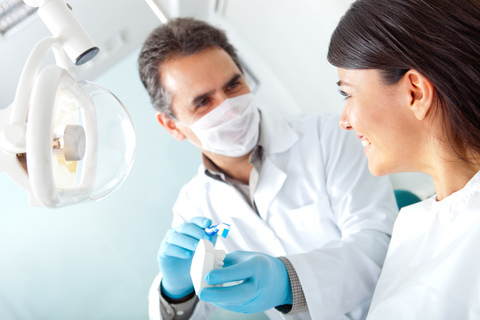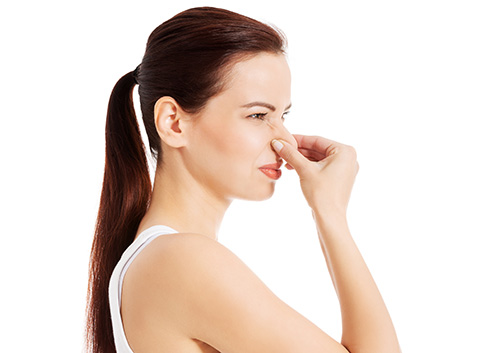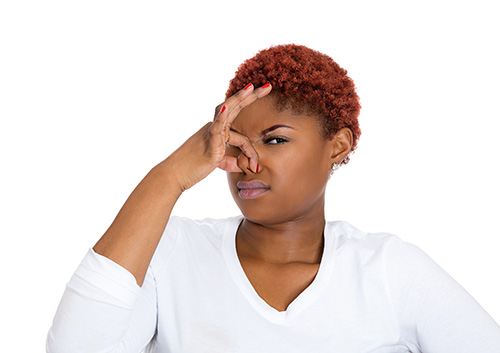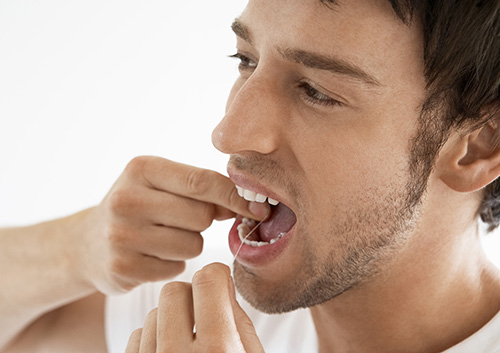Are you visiting the dentist during your orthodontic treatment?
March 9th, 2016

If you’re brushing your teeth twice a day during your orthodontic treatment, Dr. Todd Hamilton and our team think that’s wonderful! But, don’t forget that it’s also important for you to visit your general dentist every six months, or as recommended, in addition to brushing your teeth and flossing. (And visiting Hamilton Orthodontics for regular adjustments, of course.)
Dental checkups are crucial for maintaining good oral health. Your general dentist can check for problems that might not be seen or felt, detect cavities and early signs of tooth decay, as well as catch and treat oral health problems early. During an oral exam, your dentist can also check the health of your mouth, teeth, gums, cheeks, and tongue. Checkups will also include a thorough teeth cleaning and polishing.
If you have not been to the dentist in the last six months, let us know during your next adjustment visit and we will provide a few great references in the Denver, NC area!




